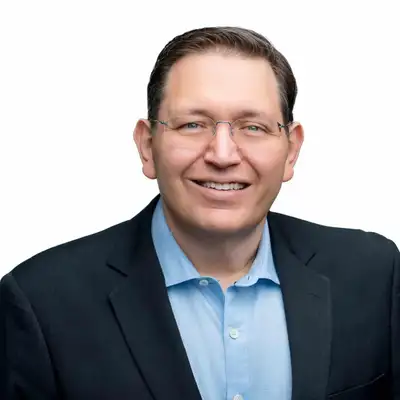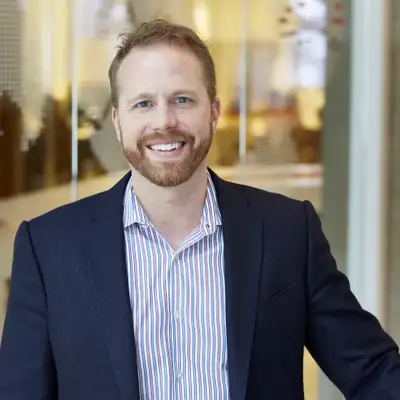Subscribe
Share
Share
Embed



Washington is the Center of Influence - in the U.S. and arguably the world. Chief Influencer® spotlights leaders who have figured out how to break through in today’s fragmented and noisy world. Social Driver teamed up with The George Washington University College of Professional Studies and The Communications Board to recognize these leaders as Chief Influencers and highlight how they inspire and influence others.